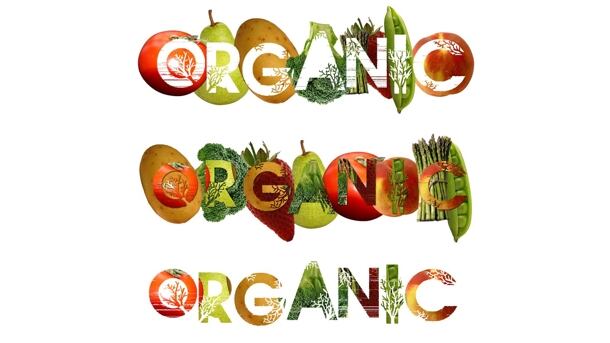Moreover, as Chinese consumers get wealthier, their desire for the noodles—traditionally seen as a filling, inexpensive convenience food—has plummeted significantly.
Millennials and a growing middle-class have been showing a preference for finer foods at the expense of high-carbohydrate processed items.
According to the World Instant Noodles Association, demand in China dropped 17% between 2013 and 2016, from more than 46bn servings a year to 38.5bn.
Profits for Uni-President, which accounts for around 20% of instant noodle sales in the country, tumbled by 27% in the first half of this year. Revenues, meanwhile, have dropped in each of the last four years, and look set to continue.
The company recently announced it would leave the low-priced noodles market in favour of more “high-end” products like its Soup Expert and Man Han Feast ranges.
“This is in line with the consumption upgrade in mainland China,” said Alex Lo, its president earlier this month.
Even the most dominant player, Tingyi, which occupies half of China’s instant noodles market, has been suffering considerably.
In each of the last two years the company has endured a 30% drop in profit, and was forced to lay off over 15,000 staff between 2013 and 2016.
While these products were once a byword for convenience, a new normal has emerged in this regard in the form of quick-tap smartphone ordering for better quality meals with heavy discounting from a delivery service.
As we reported recently, food e-commerce has become the fastest-growing online segment in China.
Delivery companies have seen a 42% growth in orders so far this year, according to the China Internet Network Information Centre, while the segment’s overall market size exploded by 232% between 2015 and 2016.
“Ten years ago, we loved the instant noodle because it’s convenient. But a decade on, it has faded out from our life because we can order quick, easy, and higher-quality meals online, which are not expensive and also convenient,” Liu Zhangming, a TF Securities analyst told South China Morning Post.
Not only have e-commerce, increasing consumption of better-quality food and greater health awareness contributed to dwindling returns for instant noodle makers, a slowing economy might also have been a significant factor.
A shrinking labour force of low-paid migrant workers arriving in the city from countryside suggests weakened demand for inexpensive conveniences foods.
More from China…
New Hope in line for May Park takeover
China’s biggest chicken supplier has been linked to a potential acquisition of Britain’s Moy Park.

New Hope is considering a £1bn (US$1.29bn) takeover of the British poultry giant, which is owned by JBS of Brazil.
Tha’s according to the Daily Telegraph, which reported that New Hope was the frontrunner for Moy Park.
JBS put the Northern Ireland processor on the market in June in a bid to offload assets following a string of corruption scandals in its home country.
It bought Moy Park from Brazilian rival Marfrig two years ago in a deal worth US$1.5bn. Employing some 6,300 workers, it is the biggest private employer in Northern Ireland.
On a recent half-year results call, JBS said the Moy Park sale was "still in progress and in an early stage, without meeting the requirements to be classified as an asset held for sale".
Organic watchdog celebrates accreditation milestone
China is now home to more than 10,000 food companies with green accreditation, according to new data.

The fast-growing segment produces more than 26,000 product lines, according to the organisation that oversees the country’s organic food standards.
Wang Yunhao, director of China Green Food Development Centre (CGFDC), said the body has expanded its coverage of produce.
"Green food covers more than 1,000 types of agricultural and processed products," Wang said.
To qualify for organic certification, producers must meet standards based on Ministry of Agriculture chemical limits.
China has reduced the quantity of chemicals used in agriculture significantly, according to official figures.
The ministry claims that farmers has cut 34m tonnes of carbon dioxide and 2.7m tonnes of urea used on average each year since 2011, on the back of a policy to standardise green food production.
